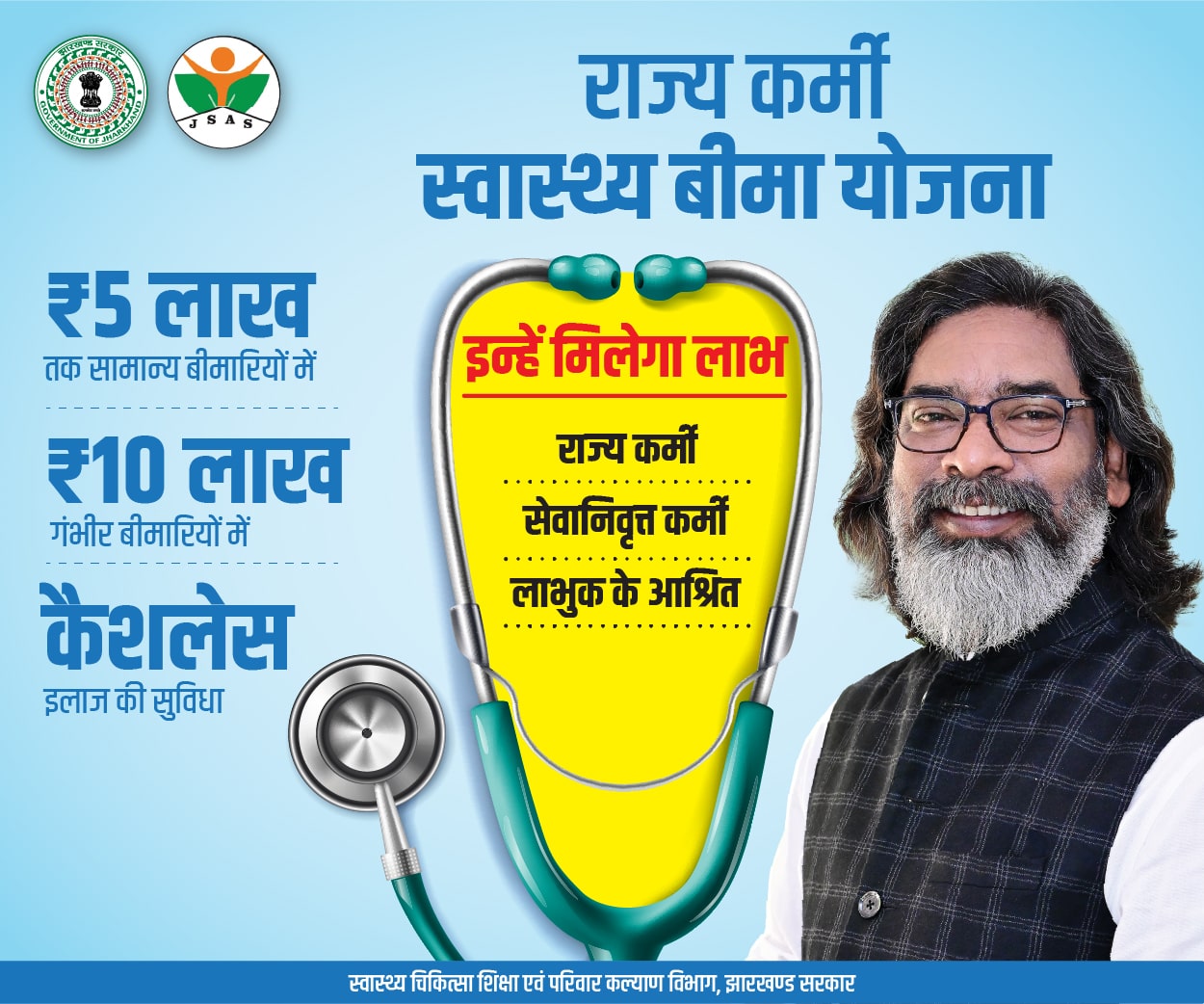
*Laser Controller: A lab prototype of an all-digital, reconfigurable two-channel ECDL controller
India could soon have its own multi-channel, tunable laser system technology platforms which are crucial for quantum optics laboratories, manufactured by a spinoff company from Raman Research Institute, an autonomous institute of Department of Science & Technology.
The indigenous platforms could lower costs of quantum optics labs and be used for medicine, remote sensing, geo-mapping and space.
At the heart of any quantum optics laboratory lies its high precision laser systems. But their exorbitant costs have been detrimental in both pursuing cutting-edge research and quantum technology based industrial applications.
RRI which developed the technology for precision laser systems required for quantum enabled-technology applications and industrial uses, recently awarded the license to nexAtom Research and Instruments, the first spin-off company from RRI. This spinoff company will soon commence production of the multi-channel, tunable laser system technology platforms. RRI has filed a provisional Indian patent for ‘Standalone laser system with frequency tunability and precision control’.
Last year, India embarked on an ambitious Rs. 6,000 crore National Quantum Mission (NQM). RRI is contributing towards the creation of an ecosystem enabling the smooth implementation of quantum-based technology solutions for the future.
The tunable lasers which are called the External Cavity Diode Lasers (ECDL), are very precise spectroscopic tools meant for addressing quantum systems in research and technology labs. Such tunable laser systems will be useful for developing solutions across quantum communication, quantum technology, quantum system and metrology – all of which are the core themes of the DST-led NQM.
The work on nexAtom’s tunable laser system commenced around 2017, when the control electronics technology for lasers was transitioning from the analogous to digital mode.
“By tweaking the mechanical assembly for laser diodes and performing basic re-programming to extend features, our system can be suitably customized as per various end-user requirements. It offers a versatile range of applications in the fields of medicine, remote sensing, geo-mapping, space and marine navigation among others. Also, the need for buying auxiliary systems and instruments, which add to the overall costs, will not be required with the nexAtom laser systems,” said Subodh Vashist, Founder and the System Design Expert of the spinoff company.



*Laser Diode: Highly configurable, all-in-one, flex-based mechanical ECDL mount for housing laser diodes.
The nexAtom’s laser systems can be bought as an entire integrated package or a sub-system, this makes it highly cost-effective.
Through this spinoff company’s journey, RRI and nexAtom wish to create a template for others in academia working in the quantum domain towards entrepreneurship in India, remarked Professor Sadiq Rangwala, professor at the Light and Matter group at RRI.
“This venture is a contribution towards setting up a high-end scientific ecosystem in the country. The development of a future-compliant prototype laser system is a critical pillar for supporting the upcoming NQM,” said Prof. Rangwala, who is also the Principal Technical Advisor to the company.
The strength of the company is in the work undertaken at the RRI’s Quantum Interactions (QuaInt) lab, which over two decades, has earned rich experience in this domain. In addition, the lab envisions facilitating high-quality yet cost-effective solutions as opportunities to users beyond academia.
“Our lab’s multi-disciplinary approach of working on the interactions between quantum systems has resulted in the development of multiple products. These products have augmented our lab’s self-reliance and enhanced research in quantum physics,” said Prof. Rangwala.
In addition to the precision tunable laser system, some of the other products of nexAtom are: precision time taggers used for quantum applications to count single-photon events; ultra-fast seed fibre lasers for various pulsed laser applications; Q-switched fibre and diode lasers used commonly for metal 3D printing and more.
As India gets ready to take a ‘quantum’ leap through NQM, there would be a requirement of an ecosystem to build a plethora of customized lasers and associated instruments, in order to meet various quantum technology-oriented goals. Finally, this would create a high demand for skilled employees to work on developing indigenous quantum technology-based solutions, said Subodh.
“In order to build high quality and reliable laser systems, we need skilled engineers and PhDs , who can work within an interdisciplinary environment,” said Prof. Rangwala.
(https://www.nexatom.in/home).
